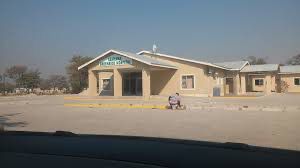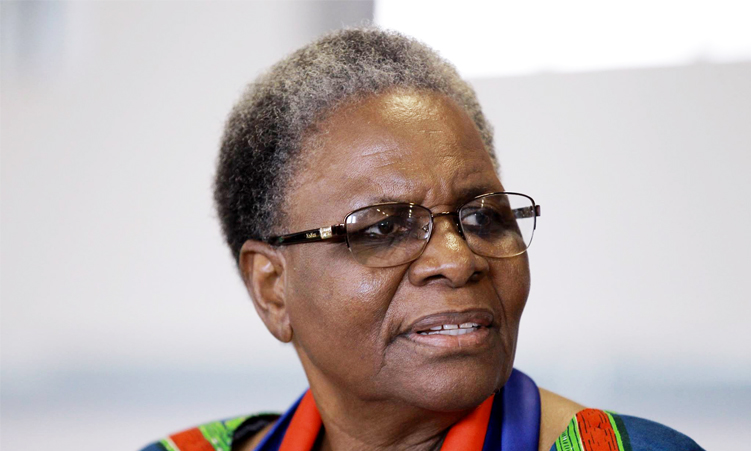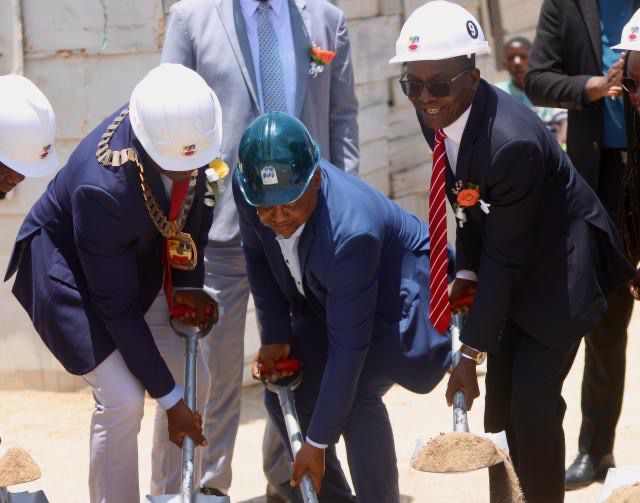NEW YORK – While President George W Bush takes heat from the media over the Iraq conflict, US journalists have started an introspection of their coverage of the administration’s pre-war arguments for ousting Saddam Hussein.
“This has been the most shameful era of American media and for American democracy,” argued Los Angeles Times columnist Robert Scheer during a March conference on the war and the media at Berkeley University in California. The media failed to question the links being made between Saddam’s regime and the September 11 2001, attacks and the “war on terror”, Scheer said.”Why did the media get distracted?” he asked.”There couldn’t have been a single intelligent person in the media who actually thought Saddam Hussein was behind 9/11.Yet they went along with the line,” he said.”The media has been sucker-punched completely by this administration.”John Burns, who covered the war for The New York Times, issued a mea culpa for the media.”We failed the American public in the period leading up to the war, by being insufficiently critical of the elements of the administration’s plan to go to war,” he said via telephone from Baghdad during the conference.The media have also been targeted for accepting the government’s argument that Iraq possessed weapons of mass destruction (WMD).The US-led coalition in Iraq has not found any such arms.New York Times military correspondent Michael Gordon defended the press’s coverage of the weapons debate.”The notion that Iraq had some form of WMD was a widely shared assumption inside and outside of the government,” Gordon wrote last month to the New York Review of Books in response to a critical article on the US media by author and journalist Michael Massing.”It was possible, for example, to challenge the CIA’s claim that Iraq had sought to purchase aluminium tubes to produce enriched uranium and still hold the view that Saddam Hussein was probably trying to reconstitute his nuclear weapons program,” Gordon wrote.Massing wondered why the media waited until after the war to write critically about the Bush administration’s allegations.”In recent months, US news organisations have rushed to expose the Bush administration’s pre-war failings on Iraq,” Massing wrote in his critique published in February.”‘Iraq’s arsenal was only on paper’, declared a recent headline in the Washington Post.’So, what went wrong?’ asked Time (magazine)…. Watching and reading all this, one is tempted to ask, where were you all before the war?” Massing asked.He criticised The New York Times for relying on information from controversial Iraqi exile Ahmed Chalabi, who provided the US government with intelligence on Iraq’s suspected weapons cache.Massing said the intelligence community questioned the reliability of Chalabi’s information, but the debate did not appear in the US media.”Not until September 29 2003 for instance, did the New York Times get around to informing readers about the controversy over Chalabi,” he wrote.”Some reporters at the paper had relied heavily on Chalabi as a source.”The government has mastered the art of using the media, particularly television, said David Boeyink, a journalism professor at Indiana University.”The media is in part at fault for not doing more on its own but it really has become in many ways a captive of whatever message seems to be coming out of Washington,” Boeyink told AFP.”If the administration was misleading us on its intelligence reports coming out of Iraq, it’s pretty hard to know where we can get the informations to counter that,” he said.”Where’s the blame to be placed? is it to be placed on the media? or on the government that made these statements?”- Nampa-AFPThe media failed to question the links being made between Saddam’s regime and the September 11 2001, attacks and the “war on terror”, Scheer said.”Why did the media get distracted?” he asked.”There couldn’t have been a single intelligent person in the media who actually thought Saddam Hussein was behind 9/11.Yet they went along with the line,” he said.”The media has been sucker-punched completely by this administration.”John Burns, who covered the war for The New York Times, issued a mea culpa for the media.”We failed the American public in the period leading up to the war, by being insufficiently critical of the elements of the administration’s plan to go to war,” he said via telephone from Baghdad during the conference.The media have also been targeted for accepting the government’s argument that Iraq possessed weapons of mass destruction (WMD).The US-led coalition in Iraq has not found any such arms.New York Times military correspondent Michael Gordon defended the press’s coverage of the weapons debate.”The notion that Iraq had some form of WMD was a widely shared assumption inside and outside of the government,” Gordon wrote last month to the New York Review of Books in response to a critical article on the US media by author and journalist Michael Massing.”It was possible, for example, to challenge the CIA’s claim that Iraq had sought to purchase aluminium tubes to produce enriched uranium and still hold the view that Saddam Hussein was probably trying to reconstitute his nuclear weapons program,” Gordon wrote.Massing wondered why the media waited until after the war to write critically about the Bush administration’s allegations.”In recent months, US news organisations have rushed to expose the Bush administration’s pre-war failings on Iraq,” Massing wrote in his critique published in February.”‘Iraq’s arsenal was only on paper’, declared a recent headline in the Washington Post.’So, what went wrong?’ asked Time (magazine)…. Watching and reading all this, one is tempted to ask, where were you all before the war?” Massing asked.He criticised The New York Times for relying on information from controversial Iraqi exile Ahmed Chalabi, who provided the US government with intelligence on Iraq’s suspected weapons cache.Massing said the intelligence community questioned the reliability of Chalabi’s information, but the debate did not appear in the US media.”Not until September 29 2003 for instance, did the New York Times get around to informing readers about the controversy over Chalabi,” he wrote.”Some reporters at the paper had relied heavily on Chalabi as a source.”The government has mastered the art of using the media, particularly television, said David Boeyink, a journalism professor at Indiana University.”The media is in part at fault for not doing more on its own but it really has become in many ways a captive of whatever message seems to be coming out of Washington,” Boeyink told AFP.”If the administration was misleading us on its intelligence reports coming out of Iraq, it’s pretty hard to know where we can get the informations to counter that,” he said.”Where’s the blame to be placed? is it to be placed on the media? or on the government that made these statements?”- Nampa-AFP
Stay informed with The Namibian – your source for credible journalism. Get in-depth reporting and opinions for
only N$85 a month. Invest in journalism, invest in democracy –
Subscribe Now!






